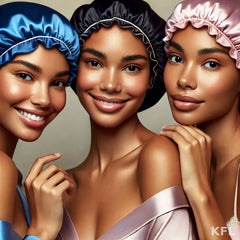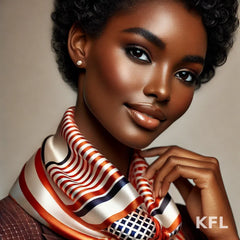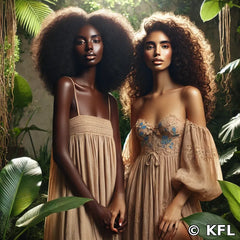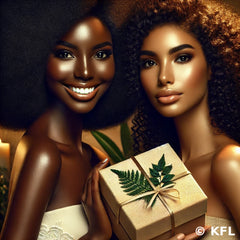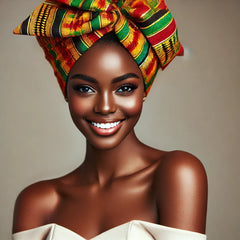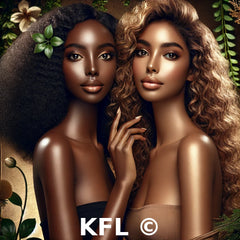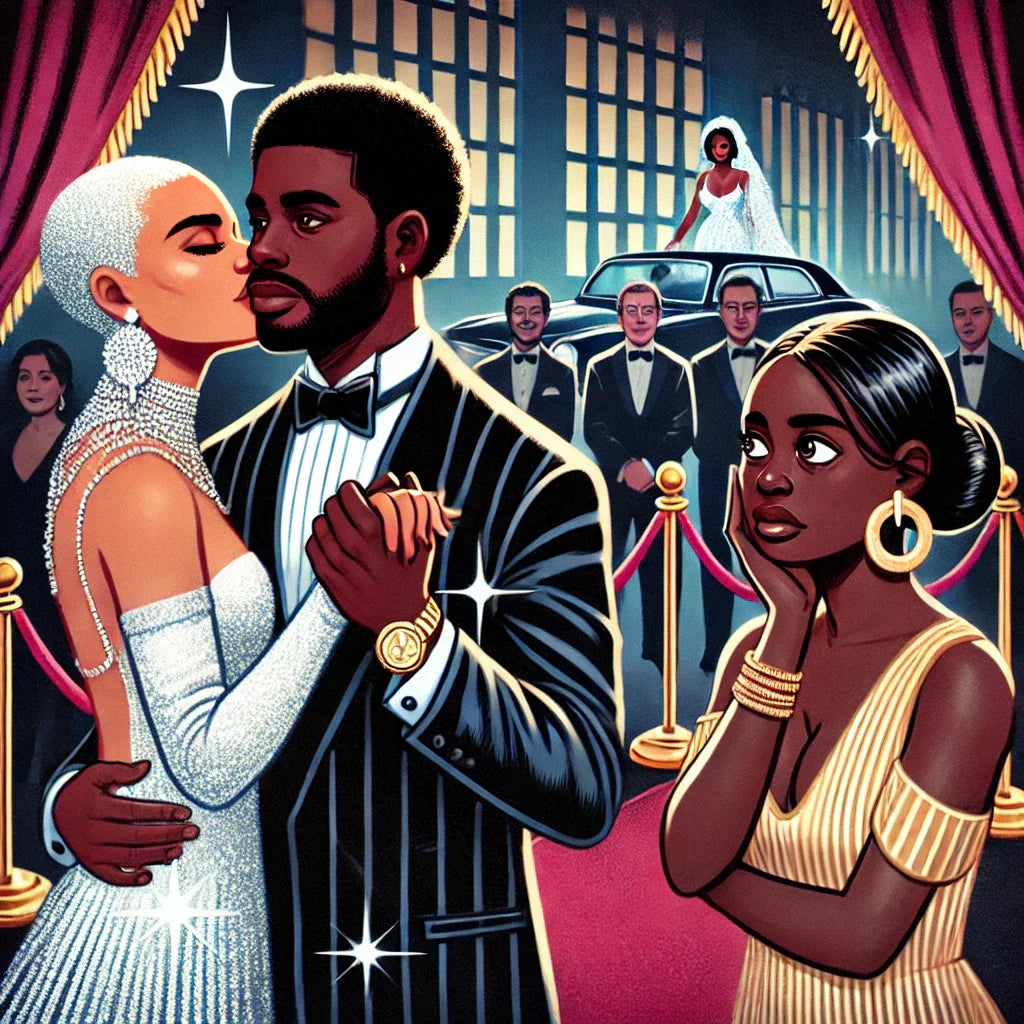
The Internalization of Racism and Its Impact on Society: From Childhood to Adulthood
Share Label
From a young age, Black and mixed-race children are confronted with racial stereotypes that shape their self-perception. At the same time, non-Black children internalize ideas of racial superiority. These mechanisms, initially invisible, affect society when these children grow up. The rejection of Black and mixed-race individuals in all aspects of social and professional life becomes a deeply ingrained reflex, influencing choices in romantic partners, career paths, and even political decisions. This article explores the psychological impact of this dynamic and how it reverberates within Western society.

The Internalization of Self-Hate and the Superiority Complex from Childhood
Black and mixed-race children often face stereotypes that devalue their physical appearance and cultural identity. Early on, they may internalize a form of self-hate, viewing their features as inferior to those of White children. Conversely, non-Black children learn to associate whiteness with beauty and superiority. These stereotypes are pervasive in films, cartoons, advertisements, and even in daily social interactions.

Racism in Social and Professional Relationships
As adults, these psychological mechanisms lead to violent discrimination in various aspects of life. At work, Black and mixed-race individuals face significant barriers, such as hiring discrimination, limited promotions, and wage inequality. In housing, racial discrimination also affects their access to safe and affordable neighborhoods. Police violence, particularly visible in Western countries, strengthens this racial hierarchy. Incidents like George Floyd's death in the United States show that systemic racism touches all aspects of life for Black and mixed-race individuals, from interpersonal relationships to institutional violence.
Racism in the Choice of Romantic Partner
Another striking phenomenon of internalized racism is its influence on the choice of romantic partners. Black men, who have faced racial discrimination throughout their lives, may internalize these prejudices and reject Black women who resemble them, seeking partners with lighter skin or White partners. This phenomenon is visible among certain Black celebrities, such as football stars or Black American artists, but also among public figures like African presidents who favor White women as first ladies over Black women. This behavior is specific to certain Western and African societies, where whiteness is often perceived as a symbol of status and beauty.
Conclusion: A Global Phenomenon That Requires Collective Action
The internalization of racism, beauty stereotypes, and racial hierarchies from a young age has deep repercussions on society. Black and mixed-race children, as well as adults, must see themselves represented in all their diversity and strength, not through stereotypes, but as heroes, leaders, and role models. Western and African societies must recognize this dynamic in order to deconstruct it, promote anti-racist education, and redefine what "beauty" and "value" mean so that every individual, regardless of their skin color, can feel fully accepted and valued.


